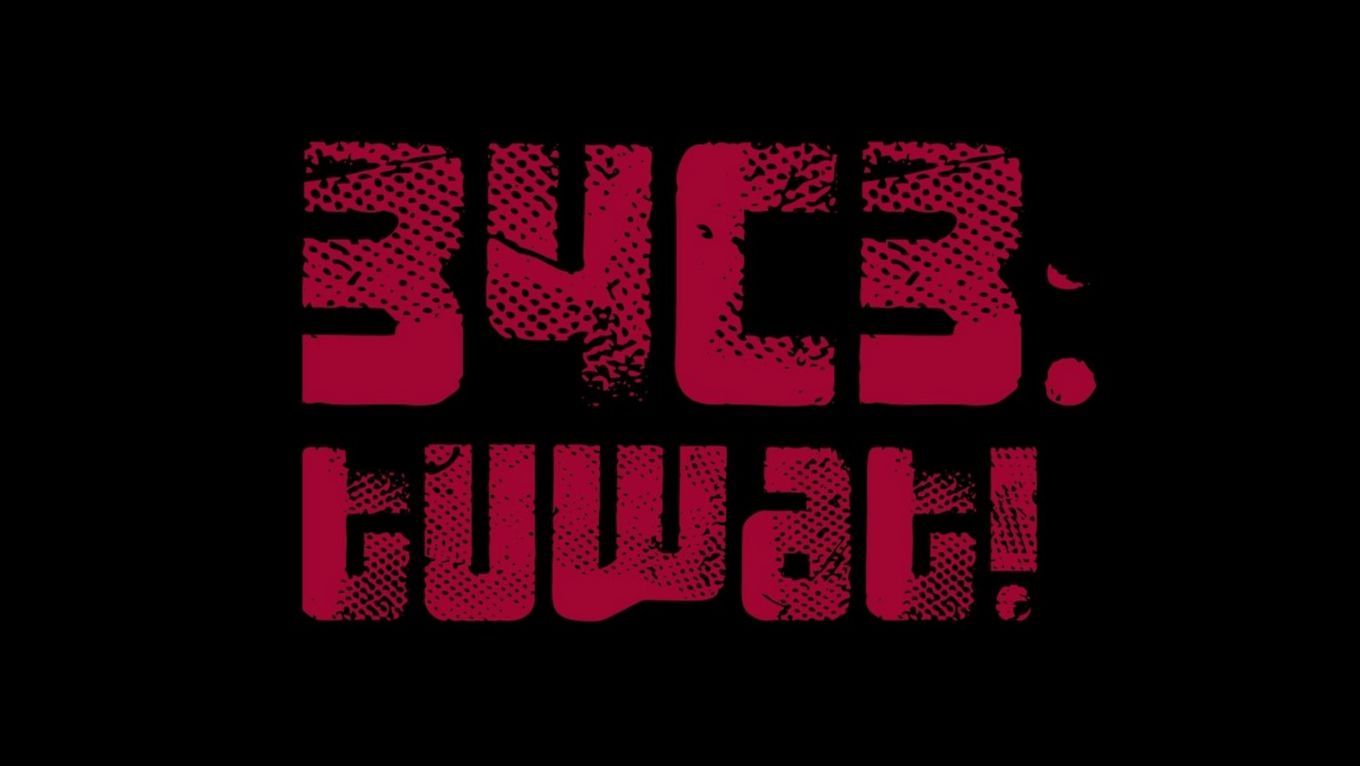Ethics, Society & Politics
Social Bots, Fake News und Filterblasen
Therapiestunde mit einem Datenjournalisten und vielen bunten Visualisierungen
„Angriff der Meinungsroboter“ und „Gefangen in der Filterblase“ titelten die deutschen Medien. Doch was ist wirklich daran?
Der Datenjournalist Michael Kreil hat ein Jahr lang 4500 Bots, 1,6 Mio. Twitter-Accounts, 400 Mio. Tweets und 50 Mio. Onlineartikel gesammelt und ausgewertet. Mit Scrapern, Neuronalen Netzwerken, Visualisierungstools, mit der Unterstützung von Experten und 600 Twitterusern hat er sich auf die Suche nach Social Bots, Fake News, Hate Speech und Filterblasen gemacht, um herauszufinden, ob sie existieren, wie sie funktionieren und ob sie ein Problem darstellen.
Im Rahmen seinen Vortrages wird er die Ergebnisse, die Methoden, die Rohdaten und den Quellcode veröffentlichen.
Weitere Infos
| Format | lecture |
|---|---|
| Sprache | Deutsch |
Weitere Sessions
| 27.12.17 |
In der EU wird gerade über eine Verordnung verhandelt, die für die Vertraulichkeit der elektronischen Kommunikation verbindliche und zeitgemäße Regeln schaffen soll. Diese „ePrivacy-Verordnung“ könnte in absehbarer Zeit die letzte Möglichkeit sein, dem informationellen Kontrollverlust EU-weit politisch etwas entgegenzusetzen.
|
| 27.12.17 |
The Joint Threat Research Intelligence Group (JTRIG), a unit in one of Britain’s intelligence agencies, is tasked with creating sockpuppet accounts and fake content on social media, in order to use "dirty tricks" to "destroy, deny, degrade [and] disrupt" enemies by "discrediting" them. In this talk, we reveal some of that content, in relation to infiltrating activists groups around the world, including during the Arab spring and Iranian revolution.
|
| 27.12.17 |
In 2014 China’s government announced the implementation of big data based social credit systems (SCS). The SCS will rate online and offline behavior to create a score for each user. One of them is planned to become mandatory in 2020. This lecture will review the current state of governmental and private SCS and different aspects of these systems.
|
| 27.12.17 |
Deutschland hat gewählt, man weiß nur noch nicht, wer regieren wird. Bis Weihnachten könnte ein Koalitionsvertrag verhandelt worden sein, vielleicht auch später. Was sind die zu erwartenden großen Debatten der neuen Legislaturperiode?
|
| 27.12.17 |
France is part of the top countries trying to destroy encryption, especially through backdoor obligations, global interceptions, and effort to get access to master keys. French law already criminalises the use of encryption, imposing heavier penalties on people using it or regarding them as general suspects. How can we oppose this trend? What political role for developers?
|
| 27.12.17 |
Software vendors like to claim that their software is secure, but the effort and techniques applied to this end vary significantly across the industry. From an end-user's perspective, how do you identify those vendors who are effective at securing their software? From a vendor's perspective, how do you identify those techniques which are effective at improving security? Presenting joint work with Sarah Zatko, mudge, Patrick Stach, and Parker Thompson.
|
| 27.12.17 |
Der NSA-BND-Untersuchungsausschuss des Deutschen Bundestags ist zu Ende. Da bietet es sich an, nun auf die gesammelten Geheimdienstskandale und die Reaktionen auf die Enthüllungen zurückzublicken.
|

